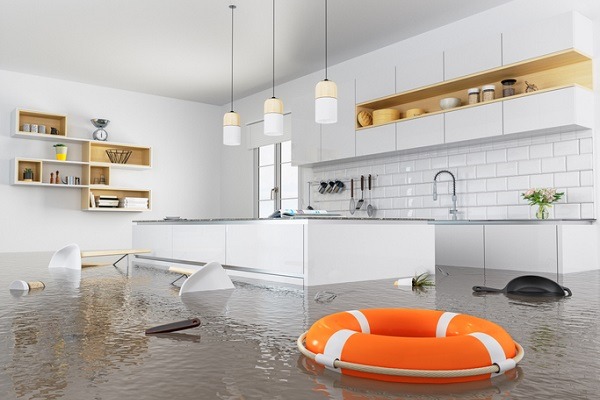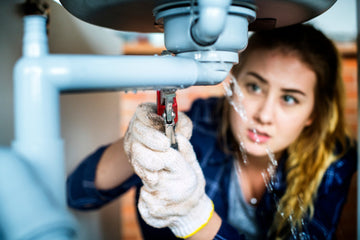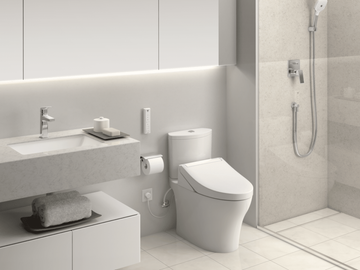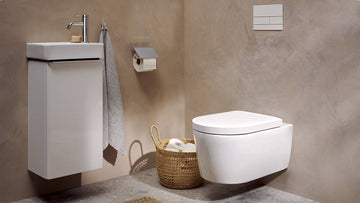In the world of smart home technology, the need for efficient and reliable water leak detection is critical, especially for industry quality assurance professionals. At the forefront of this technological advance is the Z-Wave water sensor, a device that not only prevents potential water damage but also offers seamless integration with existing smart home networks. Understanding the functionality and benefits of these sensors is vital for anyone involved in managing or maintaining robust home systems.
The Z-Wave water sensor operates using a specialized communication protocol tailored for smart home automation. By integrating this technology, homeowners can enjoy real-time alerts and swift responses to prevent water-related disasters. These sensors can drastically minimize the risk of costly repairs, making them indispensable in today's tech-savvy homes.

The Importance of Water Leak Detection in Smart Homes
Water leaks can lead to extensive property damage if left unchecked. As outlined in resources like whole house water leak detection and home plumbing leak monitor, early detection is key. Z-Wave water sensors help address this concern by providing instant notifications before minor leaks escalate into significant issues.
Beyond the immediate benefit of avoiding damage, these sensors also contribute to a broader sustainability effort. According to infrared water leak detector insights, effective water management systems conserve water resources, which is a growing environmental priority.
How Do Z-Wave Water Sensors Work?
A Z-Wave water sensor employs wireless technology that communicates with other Z-Wave devices within a network. This creates a mesh network where signals hop from one device to another, ensuring robust coverage over a wide area. Typically, these sensors are placed near potential leak sources such as bathrooms, kitchens, and basements.
Once a leak is detected, the sensor sends an alert to the connected smart home hub, which then relays this information to the homeowner's smartphone via an app. Some systems, like those discussed in smart leak detection systems, can even shut off water supply automatically to minimize damage.
Why Choose Z-Wave Technology?
Z-Wave technology offers several advantages over traditional Wi-Fi or Bluetooth-based solutions. Its low power consumption is particularly beneficial for battery-powered devices, extending their operational life significantly. Furthermore, Z-Waves ability to maintain a strong signal even through walls and floors makes it highly reliable.
A recent article on Zigbee water leak detector comparisons highlights how Z-Wave often surpasses alternative protocols in performance and range, making it a preferred choice for top-tier smart home products.
Installation and Maintenance Best Practices
Proper installation of Z-Wave water sensors ensures optimal performance. It is recommended to place sensors in areas prone to leaks, such as under kitchen sinks or alongside water pipes.
Regular testing and maintenance are also necessary. Many find user guides and resources like those at inline water leak detector insights particularly useful in maintaining and troubleshooting these systems.
Future of Z-Wave Water Sensor Technology
The future looks promising for Z-Wave water sensors as innovations continue to enhance their capabilities and integration into broader IoT ecosystems. Industry QA professionals should keep abreast of trends and new product releases to maintain an edge in home automation technologies.
For more on these technological advancements, you can explore additional perspectives on smart home tech from fresh water systems.

FAQs
What makes a Z-Wave water sensor different from other sensors?
Z-Wave water sensors offer greater network range and efficiency compared to Wi-Fi or Bluetooth, by creating a reliable mesh network.
How often should I test my Z-Wave water sensor?
Regular testing is recommended at least once a month to ensure the sensor is operational and effectively detecting leaks.
Can Z-Wave water sensors integrate with other smart systems?
Yes, they are designed to work seamlessly with other Z-Wave devices and controllers, making them highly versatile for integrated smart home solutions.






